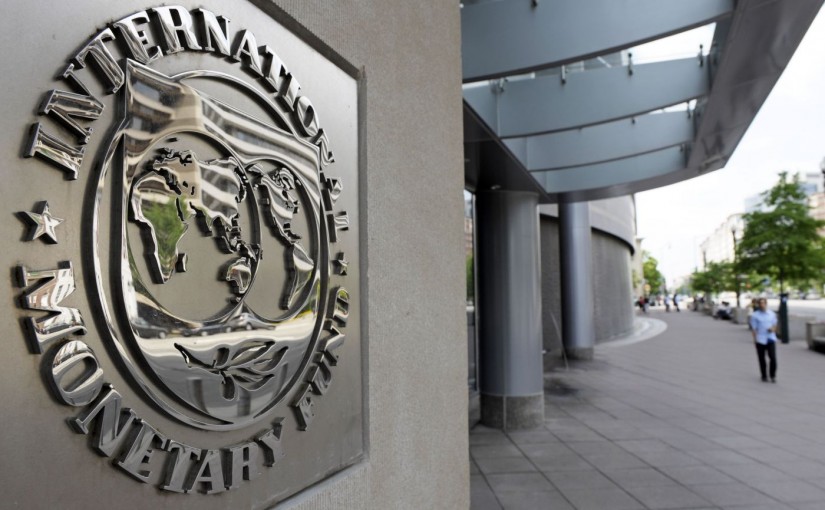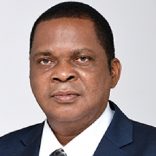External funding delays Mozambique’s development
Reinstatement of the IMF support to Mozambique unlikely this year – EIU

The Economist Intelligence Unit (EIU) believes that the restoration of technical and financial support from the International Monetary Fund (IMF) in Mozambique is unlikely to happen this year because of the “reluctance” of the government to make reforms.
“Given the continued reluctance of the government to commit to financial transparency and the lack of unpopular policy measures, a reset of the IMF program in 2016 seems unlikely,” say the experts of the economic analysis unit of British magazine The Economist.
In an analysis of the visit of the IMF to the country, which ended last week, EIU writes that, “as the liquidity crisis advances and the shortage of foreign exchange has more impact on the public, the government and the hardliners within the party in power will be more open to IMF policies”.
On the external audit of public accounts demanded by the IMF and other international donors who suspended financial support following the disclosure of hidden loans worth over 1.4 billion dollars, the EIU, in the analysis note that Lusa has access to, says that “a fully transparent audit is still unlikely, but financial constraints will force the government to accept reforms and to tighten its policy instruments”.
Under the heading, ‘Highly critical IMF view`, the EIU analysts say the IMF experts took a “hard line, blaming the economic challenges on an excessively expansionist vision, and, with the country risking a high level of debt, concluded that the government’s plan to instruct the Attorney General to assess the level of debt was insufficient”.
Analysts from The Economist also take a critical tone when mentioning the “lack of sincerity of the Government on the measures necessary to restore economic stability”, adducing statements from the Minister of Finance attributing the crisis to “drought, floods and the fall in export prices” and noting that “already, prior to this, President Nyusi had denied that the freezing of the aid was linked to the secret loans, saying instead that it was the result of difficulties in the economies of the countries of origin”.
“With interest rates demanded by investors the second highest in the world after Venezuela, it seems that the government has yet to regain market confidence,” the EIU analysts conclude.












Leave a Reply
Be the First to Comment!
You must be logged in to post a comment.
You must be logged in to post a comment.